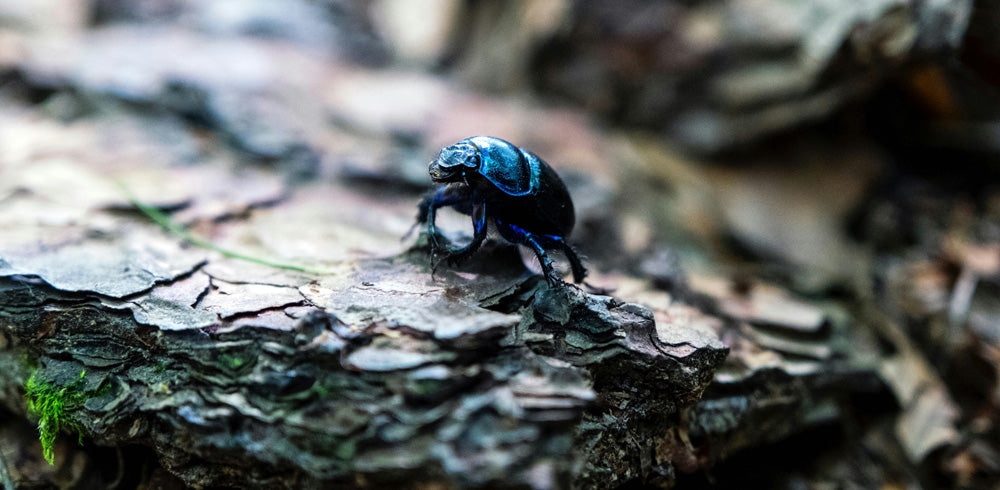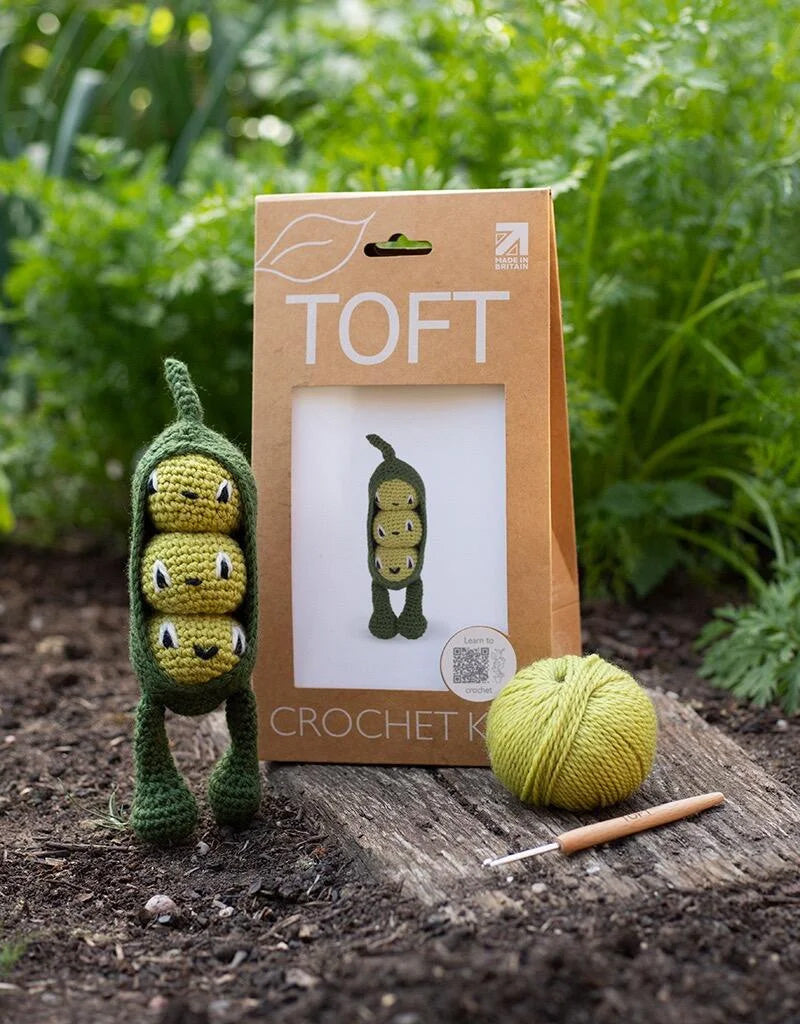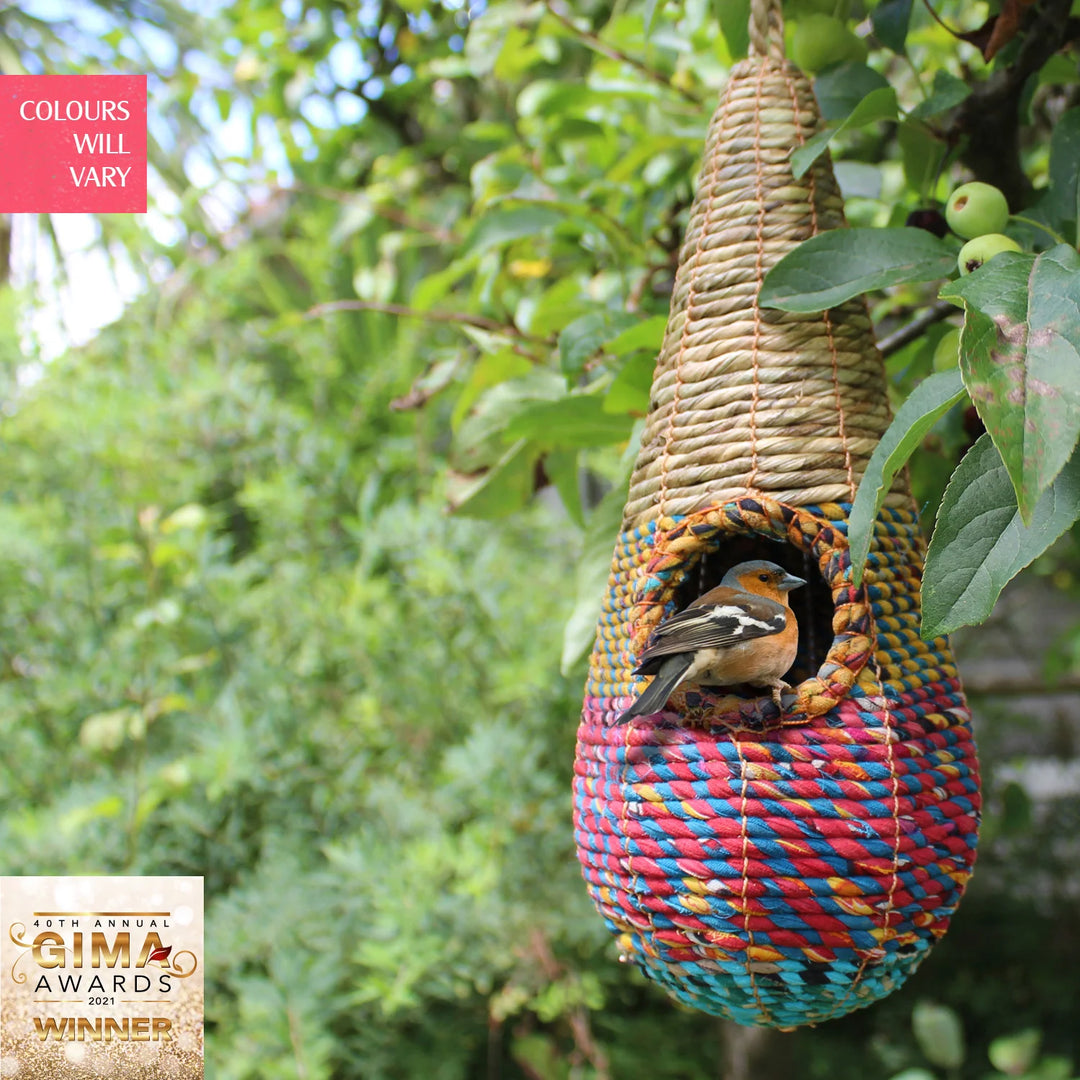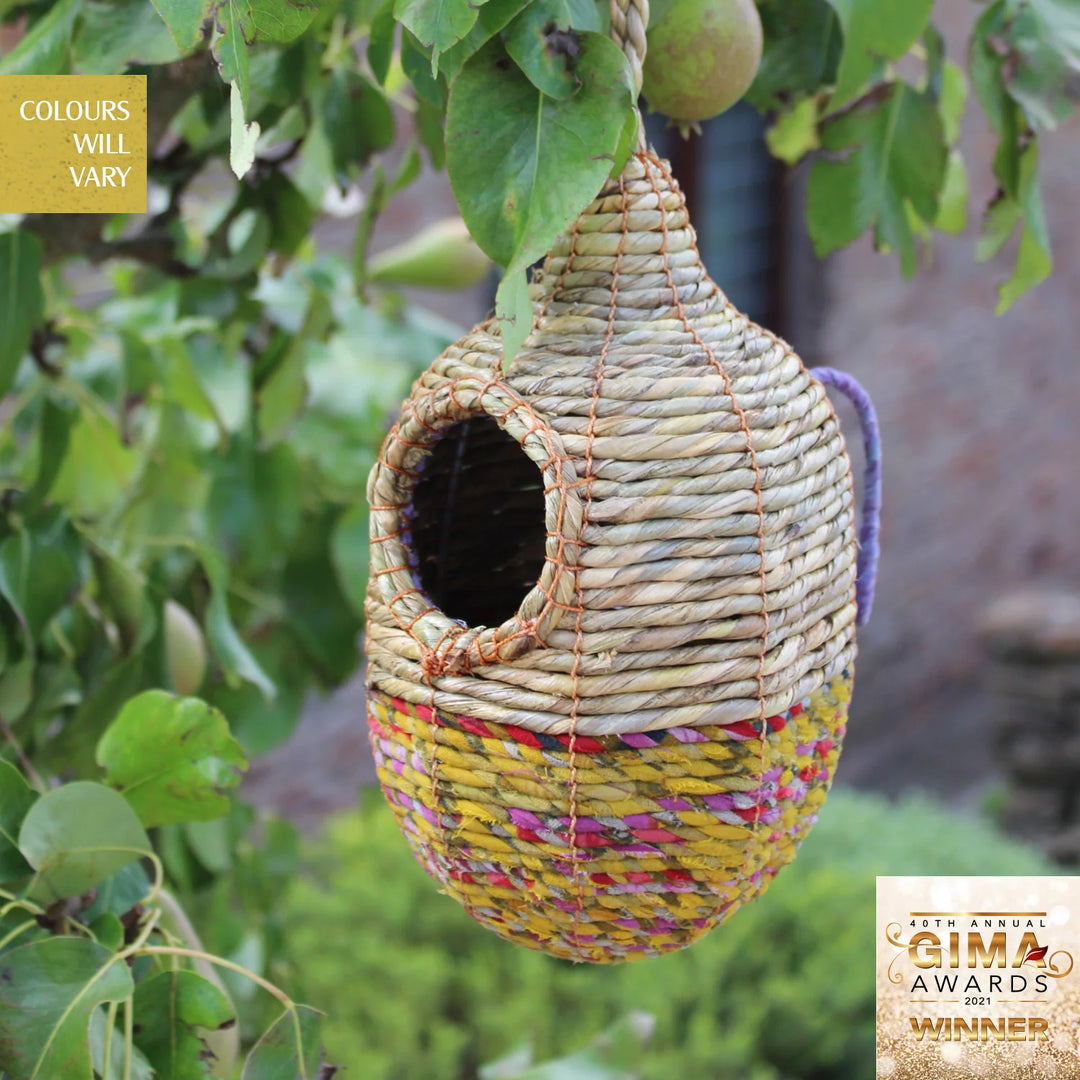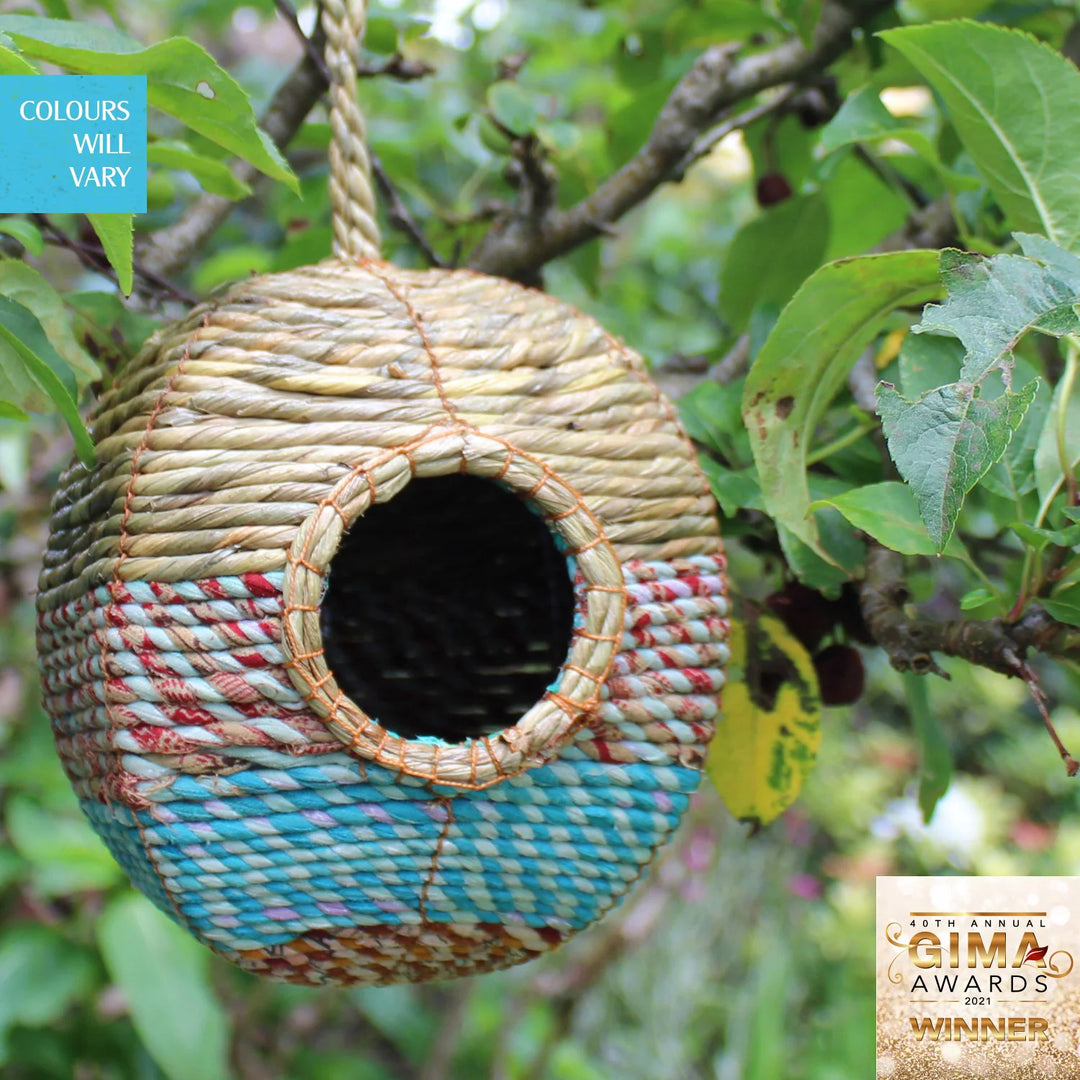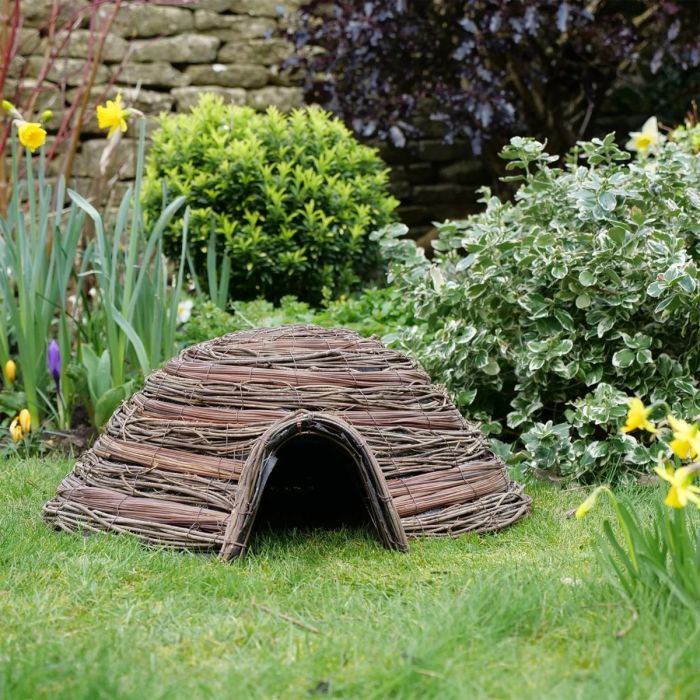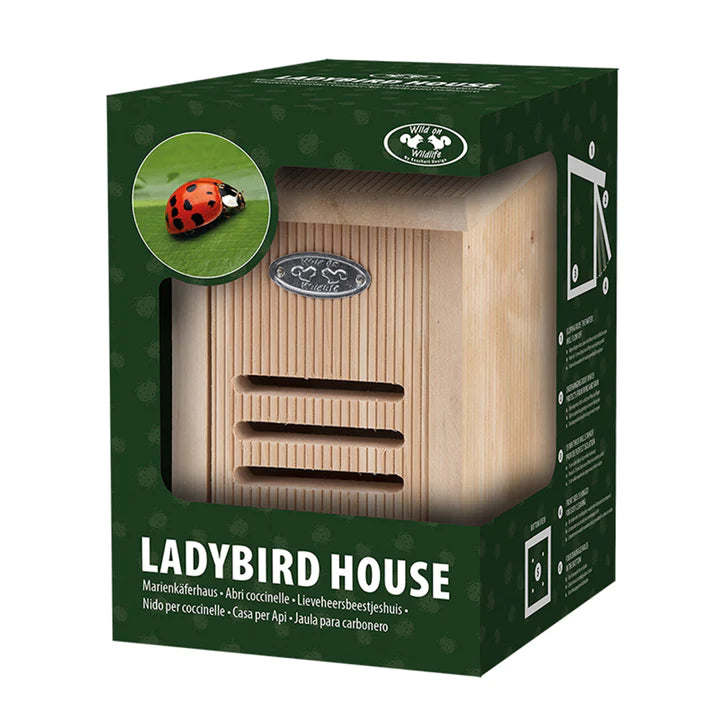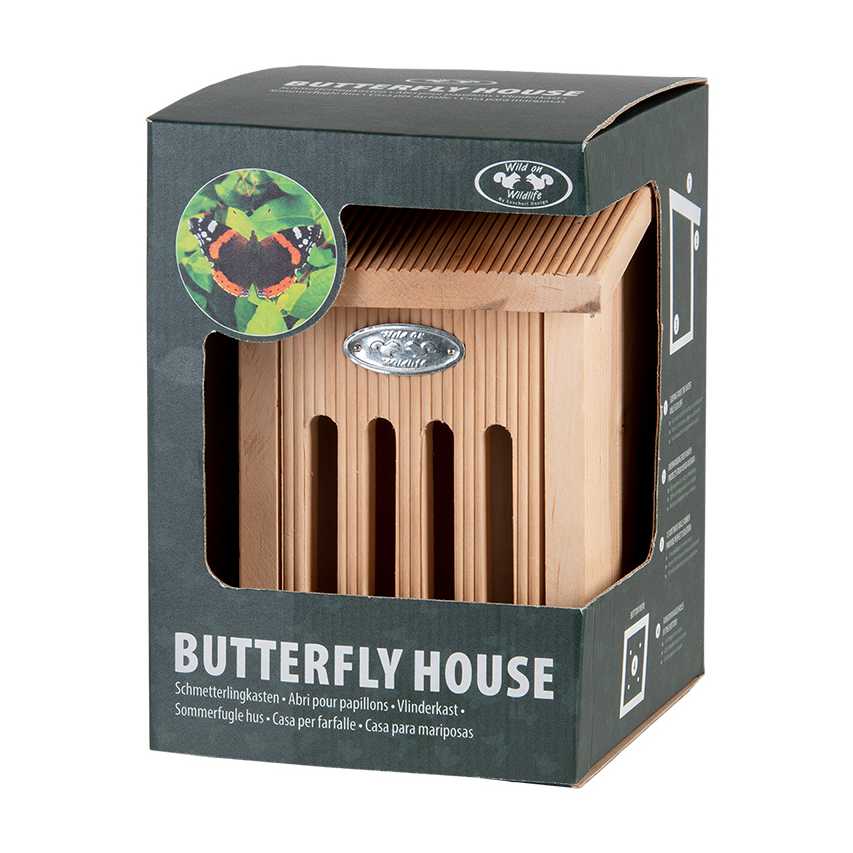Ground Beetles
Ground beetles in the UK play a crucial role in maintaining the balance of our garden ecosystems. These beetles are known for their diverse diet, unique habitat preferences, and vibrant colours. Despite being protected under UK law, many species of ground beetles are facing endangerment due to habitat loss and climate change. Let’s delve deeper into the world of ground beetles and explore the benefits they bring to our gardens.
Ground beetles are a diverse group of insects that belong to the family Carabidae. There are over 350 species of ground beetles in the UK, each with its own unique characteristics and behaviours. These beetles are typically found in a wide range of habitats, including woodlands, grasslands, and gardens. They are nocturnal creatures, meaning they are most active during the night when they hunt for their prey.
One of the key features of ground beetles is their diet. These insects are voracious predators that feed on a variety of pests such as slugs, snails, caterpillars, and other insects that can damage our plants. By preying on these pests, ground beetles help to keep their populations in check, reducing the need for harmful pesticides in our gardens. This natural pest control is one of the key benefits of having ground beetles in our outdoor spaces.
Ground beetles have a fascinating life cycle that includes hibernation during the winter months. These insects typically hibernate in the soil or under leaf litter to protect themselves from the cold temperatures. During this time, ground beetles enter a state of dormancy where their metabolic rate slows down, allowing them to conserve energy until the warmer months return. This adaptation helps ground beetles survive harsh winter conditions and ensures their continued presence in our gardens.
In the UK, many species of ground beetles are protected under conservation laws due to their importance in maintaining biodiversity. These insects are considered indicators of a healthy ecosystem, as their presence signifies a balanced food chain and a thriving environment. However, despite their protected status, ground beetles are still at risk of endangerment due to habitat destruction, pollution, and climate change. It is crucial that we take steps to preserve the habitats of these insects and ensure their continued survival in the wild.
Ground beetles come in a variety of colours, ranging from metallic greens and blues to shiny blacks and browns. These vibrant hues serve as a warning to potential predators, indicating that ground beetles are not to be messed with. Some species of ground beetles also have unique patterns on their exoskeletons, adding to their visual appeal. These colours and patterns make ground beetles a fascinating subject for observation and study in our gardens.
In addition to their role as pest controllers, ground beetles also provide other benefits to our gardens. These insects help to aerate the soil as they burrow underground in search of prey, improving soil structure and nutrient availability for plants. Ground beetles also act as pollinators, transferring pollen from one flower to another as they move around in search of food. This pollination process is essential for the reproduction of many plant species and contributes to the overall health of our garden ecosystems.
Ground beetles are valuable insects that play a vital role in maintaining the health and balance of our garden ecosystems. Their diverse diet, unique habitat preferences, and vibrant colours make them fascinating creatures to observe and study. By protecting the habitats of ground beetles and promoting their presence in our outdoor spaces, we can help ensure the continued survival of these important insects for future generations to enjoy. Let’s appreciate the beauty and benefits of ground beetles in the UK and work together to conserve their populations for years to come.
Ground beetles are a diverse group of insects that belong to the family Carabidae. There are over 350 species of ground beetles in the UK, each with its own unique characteristics and behaviours. These beetles are typically found in a wide range of habitats, including woodlands, grasslands, and gardens. They are nocturnal creatures, meaning they are most active during the night when they hunt for their prey.
One of the key features of ground beetles is their diet. These insects are voracious predators that feed on a variety of pests such as slugs, snails, caterpillars, and other insects that can damage our plants. By preying on these pests, ground beetles help to keep their populations in check, reducing the need for harmful pesticides in our gardens. This natural pest control is one of the key benefits of having ground beetles in our outdoor spaces.
Ground beetles have a fascinating life cycle that includes hibernation during the winter months. These insects typically hibernate in the soil or under leaf litter to protect themselves from the cold temperatures. During this time, ground beetles enter a state of dormancy where their metabolic rate slows down, allowing them to conserve energy until the warmer months return. This adaptation helps ground beetles survive harsh winter conditions and ensures their continued presence in our gardens.
In the UK, many species of ground beetles are protected under conservation laws due to their importance in maintaining biodiversity. These insects are considered indicators of a healthy ecosystem, as their presence signifies a balanced food chain and a thriving environment. However, despite their protected status, ground beetles are still at risk of endangerment due to habitat destruction, pollution, and climate change. It is crucial that we take steps to preserve the habitats of these insects and ensure their continued survival in the wild.
Ground beetles come in a variety of colours, ranging from metallic greens and blues to shiny blacks and browns. These vibrant hues serve as a warning to potential predators, indicating that ground beetles are not to be messed with. Some species of ground beetles also have unique patterns on their exoskeletons, adding to their visual appeal. These colours and patterns make ground beetles a fascinating subject for observation and study in our gardens.
In addition to their role as pest controllers, ground beetles also provide other benefits to our gardens. These insects help to aerate the soil as they burrow underground in search of prey, improving soil structure and nutrient availability for plants. Ground beetles also act as pollinators, transferring pollen from one flower to another as they move around in search of food. This pollination process is essential for the reproduction of many plant species and contributes to the overall health of our garden ecosystems.
Ground beetles are valuable insects that play a vital role in maintaining the health and balance of our garden ecosystems. Their diverse diet, unique habitat preferences, and vibrant colours make them fascinating creatures to observe and study. By protecting the habitats of ground beetles and promoting their presence in our outdoor spaces, we can help ensure the continued survival of these important insects for future generations to enjoy. Let’s appreciate the beauty and benefits of ground beetles in the UK and work together to conserve their populations for years to come.


